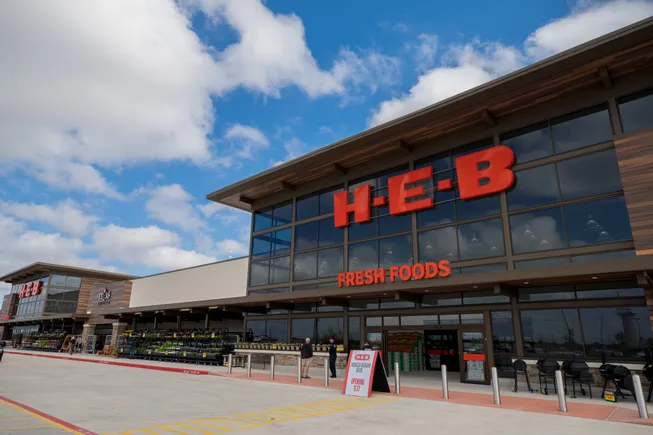H-E-B, the Texas-based retailer, has once again secured the top spot in Dunnhumby’s Retailer Preference Index for 2024, marking the third consecutive year of dominance in the annual predictive rankings of grocery chains. Market Basket, a New England regional grocer, claimed the No. 2 position on the list, while Costco held onto third place. WinCo Foods from Idaho surged 10 positions to No. 4, with Aldi rounding out the top five.
However, grocery chains owned by Kroger and Albertsons experienced a decline in the index in 2024 as the companies pursued a controversial and unsuccessful merger attempt. Kroger’s King Soopers and Albertsons’ namesake banner both saw significant drops in their rankings.
Dunnhumby emphasized that shoppers’ perception of a grocer’s ability to save them money through pricing, promotions, and rewards played a significant role in the 2024 index. Retailers with strong customer value propositions outperformed those with lower scores, growing more than twice as fast over five years. The index evaluates the 72 largest U.S. retailers based on customer and financial data, focusing on everyday food and non-food household goods.
In addition to pricing, the index considers factors such as assortment quality, digital services, consistency of experience, and speed and convenience. While digital operations have historically been crucial for success, their importance decreased in 2024. Quality also played a lesser role, signaling the need for retailers to prioritize the fundamentals of grocery retail for future success.
Dunnhumby highlighted the impact of these shifts on specific retailers, such as Lidl, which moved up 14 spots in the index due to its strong value proposition despite shortcomings in digital services. Trader Joe’s also made significant gains, driven by its high-quality offerings and perceived ability to save customers money.
Other top performers in the index included Sam’s Club, Wegmans, and ShopRite, with Amazon dropping to the eighth spot for the first time in eight years as e-commerce influence waned. The overall trend suggests a consumer base increasingly focused on value, prompting retailers to adjust their strategies to meet evolving expectations.
In conclusion, Dunnhumby’s Retailer Preference Index for 2024 reflects a shifting landscape in the grocery industry, with a renewed emphasis on value and customer-centric strategies. Retailers must adapt to changing consumer preferences and prioritize core aspects of the shopping experience to remain competitive in an evolving market.



